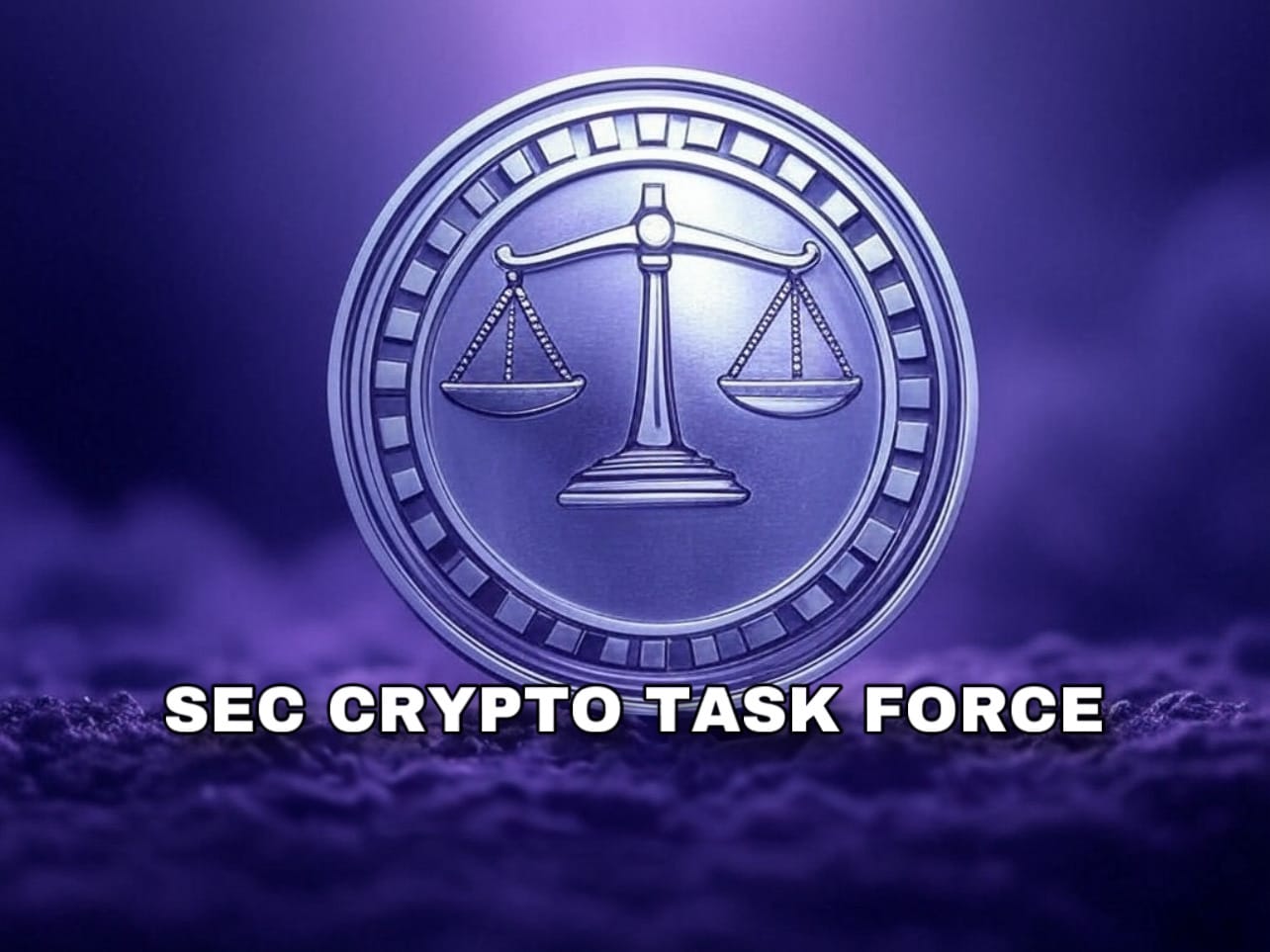SEC Launches New Task Force to Clarify Crypto Regulations

In a significant move towards shaping the future of cryptocurrency regulation, the U.S. Securities and Exchange Commission (SEC) under the new Trump administration has announced the formation of a new Crypto Task Force. This initiative, spearheaded by Acting Chairman Mark T. Uyeda, aims to provide clarity and structure to the often murky waters of crypto asset regulation. At the helm of this task force is Commissioner Hester Peirce, known for her proactive stance on cryptocurrency.
The establishment of the Crypto Task Force marks a pivotal shift from the SEC's previous approach, which largely depended on enforcement actions to regulate the crypto space. This reactive strategy has been criticized for its lack of clarity and for creating an environment where innovation is stifled by legal ambiguity. Now, with Commissioner Peirce leading the charge, the SEC is set to collaborate with various stakeholders to forge a more definitive regulatory path.
Under the guidance of Richard Gabbert as Chief of Staff and Taylor Asher as Chief Policy Advisor, the task force will leverage the collective expertise of the SEC's staff to ensure that the regulatory framework respects legal boundaries while promoting innovation. The focus will be on delineating clear regulatory lines, offering feasible registration pathways, and establishing sensible disclosure requirements. This approach seeks not only to protect investors but also to facilitate capital formation and maintain market integrity.
The task force operates within the existing statutory framework, with an eye towards providing technical assistance to Congress for potential legislative updates. Coordination with other federal agencies like the Commodity Futures Trading Commission, as well as state and international regulatory bodies, will be crucial to align policies and avoid regulatory arbitrage.
Acting Chairman Uyeda expressed his confidence in Commissioner Peirce's leadership, emphasizing the complexity and necessity of this regulatory overhaul. "I look forward to the efforts of Commissioner Peirce to lead regulatory policy on crypto, which involves multiple SEC divisions and offices," Uyeda stated. His comments underscore the collaborative and comprehensive nature of the task force's mission.
Commissioner Peirce herself highlighted the importance of public engagement in this process. "This undertaking will take time, patience, and much hard work. It will succeed only if the Task Force has input from a wide range of investors, industry participants, academics, and other interested parties," she remarked. She stressed the need for an inclusive dialogue to shape a regulatory environment that not only protects but also encourages innovation within the crypto sector.
The task force plans to engage the public further through future roundtables, though it is currently inviting immediate input to begin shaping its approach. This openness to public feedback is intended to craft regulations that are both effective and reflective of the market's needs and capabilities.
This initiative by the SEC could potentially redefine how digital assets are regulated in the United States, moving away from a reactive stance to one that is proactive and inclusive. By fostering a regulatory environment that balances protection with innovation, the SEC aims to ensure that the growing crypto market can thrive under clear, fair rules. This effort by the SEC and Trump admin could set a new standard for regulatory practices globally, influencing how other nations approach the complex world of cryptocurrencies.

